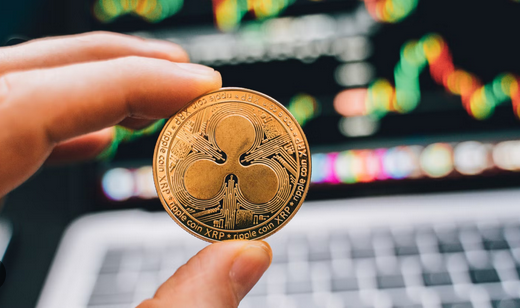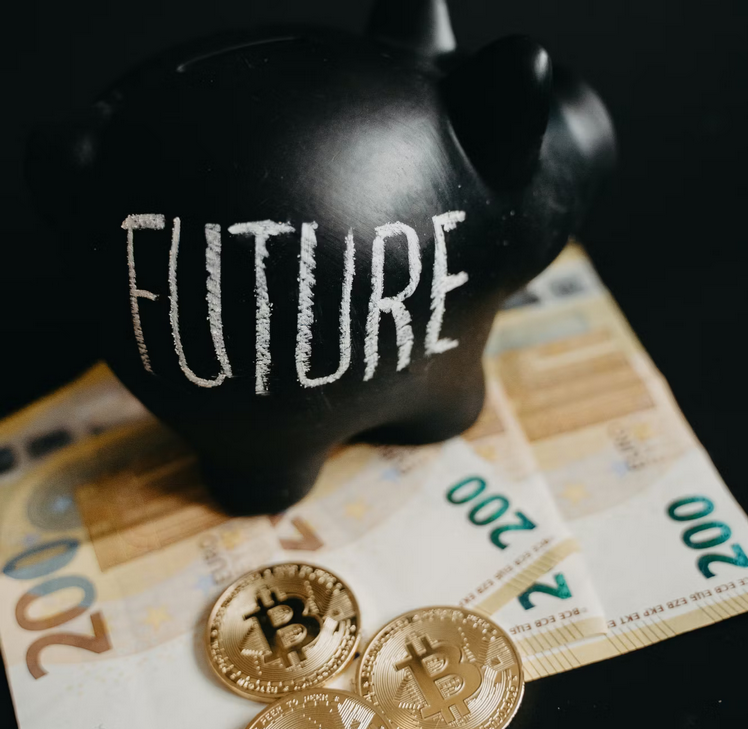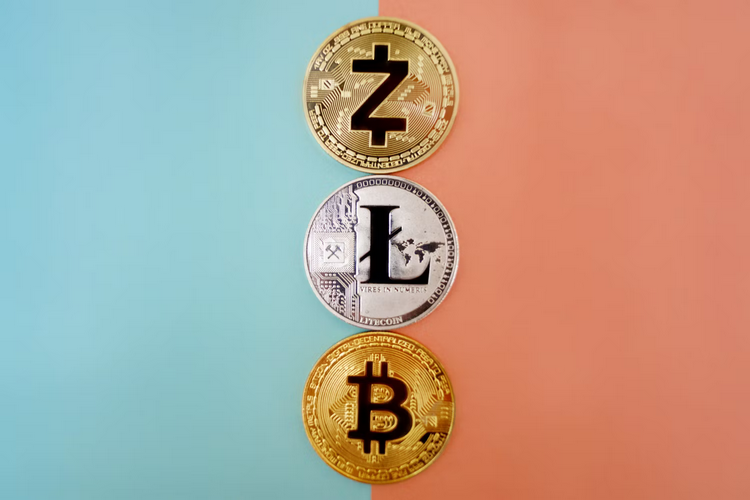What Is the Difference Between Ripple and XRP?

Ripple Labs Inc., the company after the Ripple payment protocol, a real-time gross payment system, issues and manages XRP as a cryptocurrency. However, people frequently use the terms Ripple and XRP interchangeably to refer to cryptocurrency, leading many people to believe that XRP and Ripple are the same.
While Ripple Labs Inc. created XRP and maintains its continuous distribution, the company has no authority over the cryptocurrency or the Ripple Consensus Ledger, the blockchain on which XRP is based. These were instead released as open-source software.
What Is Ripple?
Ripple refers to both the company and the payment protocol. However, it is the payment protocol that we are interested in. Ripple is a real-time gross settlement system based on an open-source distributed protocol that includes the XRP Ledger and RippleNet.
The protocol can be integrated into the systems of both financial and non-financial companies. In addition, it is open, and anyone can join without prior Ripple approval. As a result, the protocol and cryptocurrency are entirely distinct from Ripple Labs Inc., the company.
The stated purpose of Ripple is to provide “secure, instant, and nearly free global transactions of any size with no chargebacks.” As such, it positions itself as an alternative to the Society for Worldwide Interbank Financial Telecommunications (SWIFT), which acts as a financial transaction intermediary for banks worldwide.
What Is the XRP Ledger?
The XRP Ledger is the spine of the Ripple protocol, and it is a distributed ledger interconnected via a peer-to-peer network, just like any other blockchain. It does, however, have one significant difference from other blockchains: its consensus method.
Because the XRP Ledger operates on a distributed peer-to-peer network, it faces the same challenges as other blockchains: resolving the double-spend problem and ensuring network-wide agreement on the state of accounts and balances.
The XRP Ledger Consensus Protocol, a Byzantine fault-tolerant agreement protocol over collectively trusted sub-networks, solves these challenges. As a result, unlike other blockchains, it does not rely on Proof-of-Work or Proof-of-Stake, instead employing its consensus process.
What Is XRP?
XRP is the native cryptocurrency of Ripple’s XRP Ledger, while Ripple refers to it as a digital asset. Before its launch, XRP was pre-mined, and 100 billion units were created, a number that cannot be increased or decreased according to its protocol.
When XRP was created, its developers transferred 80% of all XRP to Ripple Labs Inc. while keeping the remaining 20% for themselves. Because having such large amounts of XRP would inevitably give the company far too much power over XRP’s price, it placed 50 billion XRP in an escrow account as a gesture of goodwill.
This escrow account is managed by a smart contract that controls the release of XRP. The smart contract is planned to release one billion XRP each month for five years while also returning any unused XRP to the escrow account, extending the five-year duration by one month.
Since its creation, Ripple has marketed XRP as a handy solution to bridge different currencies within the Ripple protocol. Furthermore, ripple aspires for XRP to become the settlement currency of choice for financial institutions within its protocol, as it portrays its protocol as an alternative to the SWIFT system.
It ultimately comes down to who owns what and who controls what. The fact that Ripple Labs Inc. holds the majority of the XRP supply gives it centralized control, even if the XRP is held in escrow. It also makes the company’s overall net worth contingent on the rise or fall of the XRP price.
Ripple vs. XRP
To summarize, Ripple Labs Inc. is a software company that licenses payment software to financial institutions. The Ripple payment protocol was created and released by the company. It is built on a distributed open-source protocol and includes the XRP Consensus Ledger and its native cryptocurrency, XRP.
Even though XRP exists independently of Ripple Labs Inc., the fact that the company owns most of the cryptocurrency gives it effective control over its supply. However, this effectively places the cryptocurrency in the hands of a central authority, which






![Photo of [pii_email_e9d48ac2533bded18981] Fix Error Code](https://www.techgame.org/wp-content/uploads/2021/05/Untitled-5-390x220.png)

